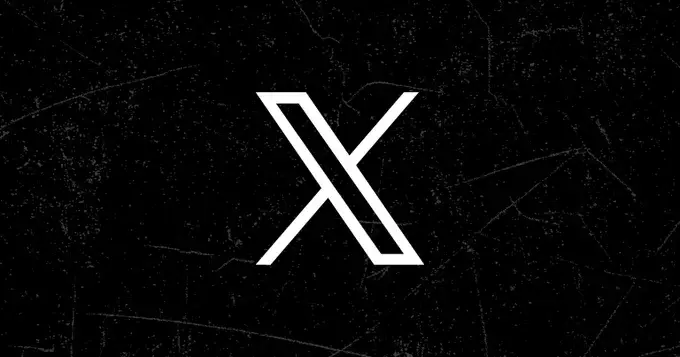In recent years, Elon Musk has become a figure synonymous with innovation and disruption across various industries. His ambitious plan for the social media platform, X (formerly Twitter), to evolve into a comprehensive payment hub known as “X Money” is reflective of his broader vision to create an “everything app.” However, the road to this ambitious goal is fraught with obstacles, regulatory scrutiny, and market skepticism. This article delves into the current state and future prospects of X Money, examining the challenges ahead and the implications for users and stakeholders alike.
The concept behind X Money is rooted in Musk’s prior experiences in digital payment systems, particularly during the early development of PayPal. Musk envisioned an app that could redefine financial transactions by incorporating social media functionalities akin to China’s WeChat. A critical aspect of WeChat’s success is its seamless integration into everyday life; users can conduct a variety of activities, from messaging to payments, all in one place. Musk’s aspiration for X Money follows this model, aiming to transform X into an essential digital identity and transactions platform.
Despite the seemingly straightforward concept, Musk’s timelines have often been overly ambitious. Originally targeting a nationwide launch by 2024, X is now facing substantial delays primarily due to the complications in obtaining necessary regulatory approvals. While the platform has successfully secured licenses in 38 states, its application in New York has raised significant concerns—primarily centered around the implications of its ties to the Saudi Arabian government and investors.
The legal complexities surrounding the launch of X Money cannot be overstated. The New York State regulatory body has expressed its apprehensions regarding the “fitness and character” of X to manage payment systems. These concerns stem from allegations about the platform’s connections to Saudi Arabia, specifically pointing to Crown Prince Mohammed bin Salman’s involvement as an investor. Critics argue that the Kingdom’s history of human rights abuses conflicts with the ethical standards expected of financial institutions.
These regulatory challenges represent more than bureaucratic hurdles; they symbolically reflect the broader distrust surrounding the platform under Musk’s leadership. As a figure known for his divisive political views and unconventional management style, Musk’s approach has evoked skepticism not only among regulators but also among potential users who may hesitate to engage with a platform perceived as controversial.
Recent developments indicate that despite the setbacks, X is pushing forward with a partial rollout of X Money. Internal code findings suggest a plan to launch the service state-by-state, rather than aiming for a comprehensive nationwide release. This fragmented strategy highlights an attempt to navigate bureaucratic challenges while still making progress.
However, this limited availability raises questions about the effectiveness of X Money. Such a rollout means that many users will either lack access or face barriers to utilizing features that could prove beneficial. For a platform that aspires to be an “everything app,” this is a significant limitation that could hinder user adoption rates and overall engagement.
To contextualize Musk’s ambitions, it is crucial to analyze the success of WeChat in the Chinese market. WeChat has effectively combined social networking and financial transactions, becoming an indispensable tool for daily life in China. However, replicating this success in Western markets has proven difficult. Other tech giants, including Meta, have attempted to develop similar comprehensive platforms, only to face significant challenges and ultimately abandon their payment initiatives. The consistent barriers encountered suggest that a cultural disconnect exists, where users may not embrace the same models that have flourished in Asia.
Furthermore, Musk’s divisive actions and lack of a clear plan for navigating international regulations may further complicate the launch of X Money outside the U.S. Any international expansion would almost certainly confront regulatory frameworks that vary significantly by country, in addition to the prevailing skepticism surrounding Musk’s management style.
As X navigates these multifaceted challenges, one cannot overlook the potential for innovation. If X Money can offer unique features, such as fee-free transactions and a superior user experience, it might still carve out a niche in the competitive financial technology marketplace. However, the technical capabilities and regulatory navigations required to achieve such functionality remain a daunting task.
While the vision for X Money aligns with Musk’s architectural ambitions, the reality suggests a more complex trajectory, riddled with regulatory hurdles, market skepticism, and operational challenges. As the rollout unfolds, both users and stakeholders will be watching closely—emphasizing a crucial question: Will X Money fulfill its promise, or will it become another footnote in the saga of Musk’s ambitious, yet often unpredictable, ventures? The answer remains uncertain.


Leave a Reply